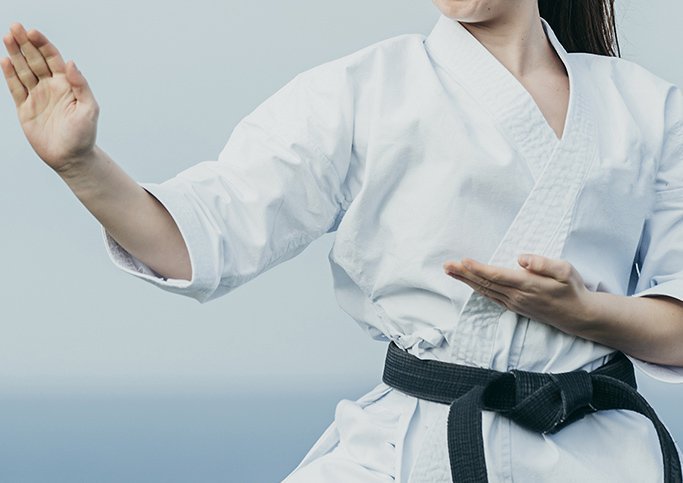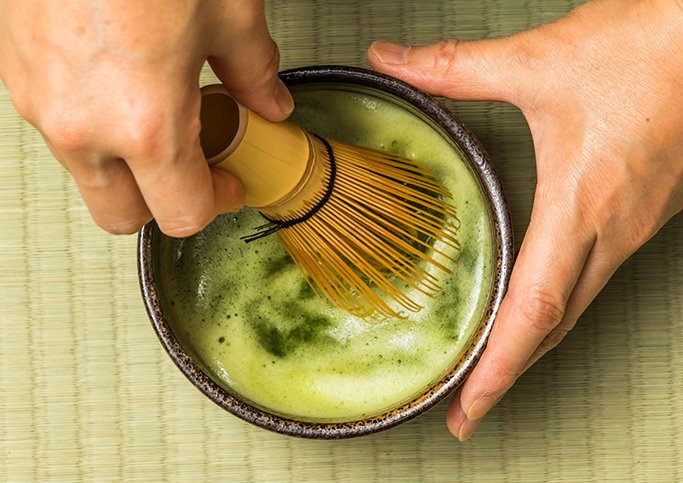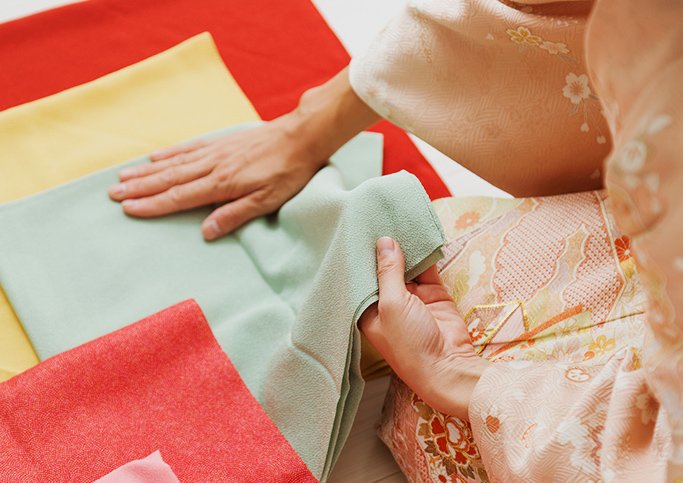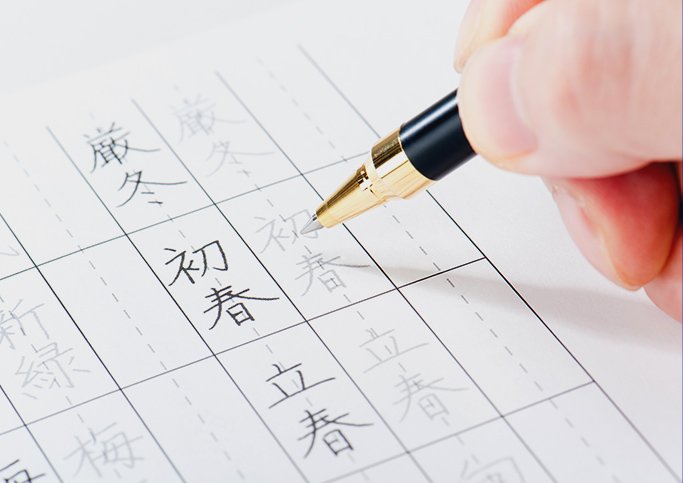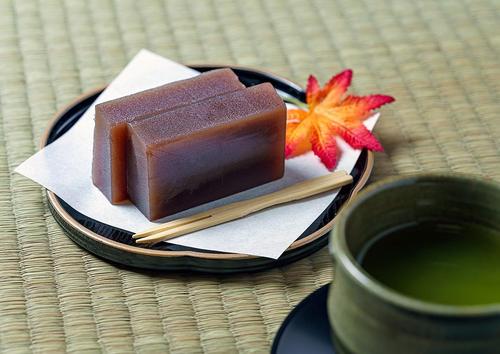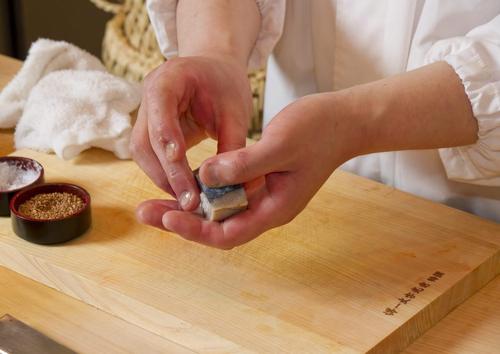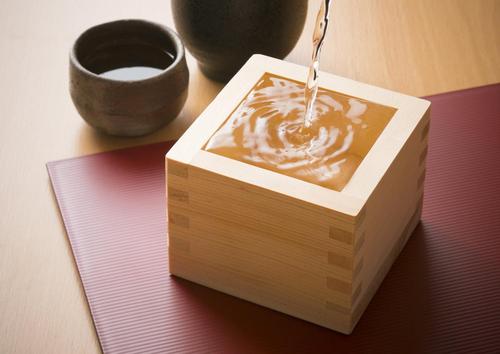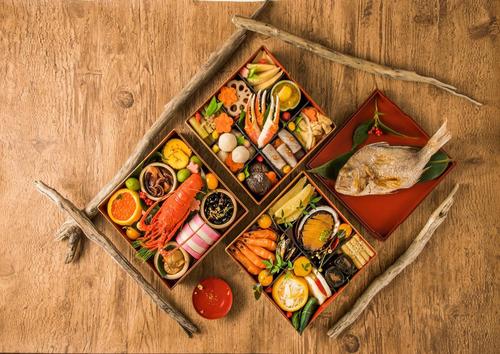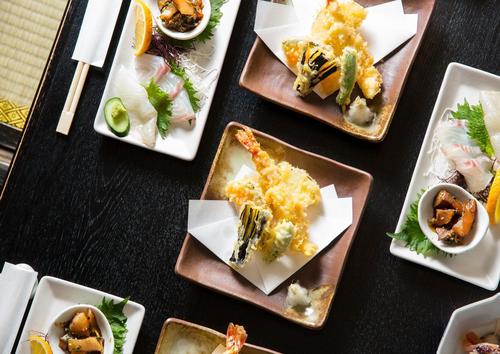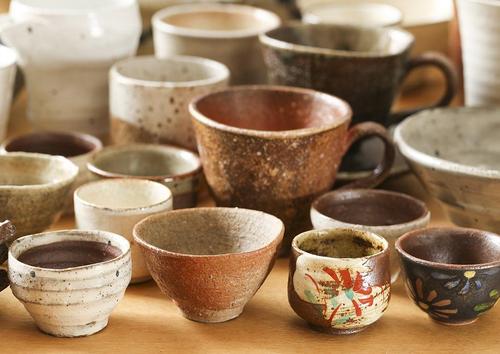
a plate / plates
Japanese tableware with unique materials and patterns is very popular as a souvenir overseas.
However, when introducing the appeal of Japanese tableware to foreigners, I often hear people say, "I don't know the specific characteristics."
Therefore, in this article, I would like to explain in an easy-to-understand manner the basic types of Japanese tableware and the points and merits of choosing the tableware that suits you.
What is Japanese tableware? Basic types you should know before choosing
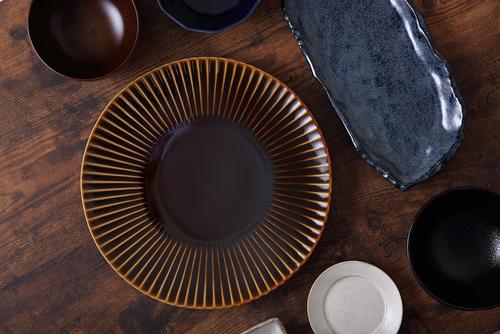
Japanese-style tableware is a "tableware" made according to the unique food culture of Japan.
If you look at the following types, it will be easier to imagine their characteristics.
The size of the vessel
Most Japanese tableware has different uses depending on its size.
Its size is expressed by the traditional shakkanho method such as "three-inch plate" and "eight-inch plate".
● Small plate (bean plate): Condiment container, soy sauce container
● Medium plate: Candy container, especially plate
● Platter: Pasta, side dishes
● Large bowl: Boiled food, etc.
The shape of the vessel
What I would like to pay attention to in the form of Japanese dishes is that many small plates and medium plates are easy to pick up.
This is a characteristic that leads to the culture of "holding a bowl and using chopsticks" when eating Japanese food.
The ease of holding the bowl is also an attraction not found in Western tableware that uses knives and forks.
Also, in kaiseki dishes, appetizers may be served in small bowls with unusual shapes such as rhombuses and squares.
[If you read the article, may you know the meaning of this KARUTA? ]
Material of the vessel
The various ingredients in Japanese tableware have a great deal to do with Japanese food, which emphasizes the feel of the tableware.
There are two typical types of materials, "earthen" and "stone".
The so-called pottery earthenware has a porous and rough texture. On the other hand, stone, which is porcelain, is a material that is smooth and easily allows light to pass through.
Each Japanese tableware has a different texture, and it also has the appeal of being able to choose the dish you like by the feel when you hold it.
Pattern of the vessel
Japanese tableware has a wide variety of patterns such as plants, animals, and geometric patterns.
In addition, Japanese tableware with the following auspicious patterns is often selected for events such as ceremonial occasions where families gather and kaiseki cuisine.
● 七宝(Shippo): A pattern that connects a circular eternal chain, and wishes such as edges and harmoniousness can be put in.
● 六瓢(Mubyotan): A pattern associated with a disease-free breath, auspicious pattern that prevents disasters and invites good fortune
● 青海波(Segaiha): A pattern that repeats multiple layers of semi-circles like waves, wishing for a peaceful life
In this way, Japanese tableware has the appeal of being able to choose the pattern of the tableware not only from the impression and design of its appearance, but also from the meaning and wishes of auspiciousness.
Points and benefits of choosing Japanese tableware that suits you
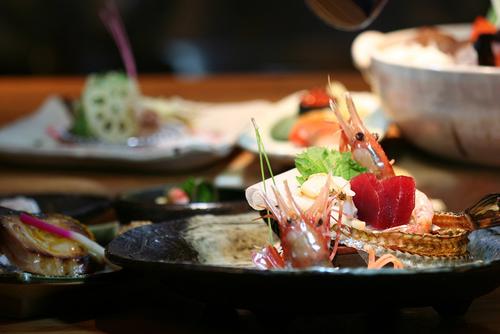
When buying Japanese tableware for the first time living alone or newly married, it is recommended to select the tableware from the following points.
Ichiju Sansai
The simplest way to choose Japanese tableware to use at home is to prepare it based on Ichiju Sansai, which is the basis of Japanese eating habits.
●茶碗(Chawan)
●汁椀(Shiruwan)
● Medium plate
● Small plate
● Small bowl
If you prepare these plates first, you can easily make a well-balanced Ichiju Sansai menu just by deciding which dish to put on each.
The size that suits your purpose
In the case of Japanese dishes, as mentioned above, the type of dishes that are suitable is roughly determined by the type of small plate, small bowl, or medium plate. Therefore, when you buy Japanese tableware from now on, it is recommended that you do not simply like the colors and patterns, but think about "what will fit in each?"
For example, if you start buying Japanese tableware in a household where one or two people live, there are more 5 inch plates of about 15 cm that can be used as a plate or cake plate than the large 7 inch plates used for main dishes and one plate dishes. I think there is a turn.
[Do you care about Japan? Would you like to learn Japanese together? ]
Lots of writers and abundant designs
For those who value design, it is also recommended to have Japanese tableware from artists who are active in production areas such as Kutani ware and Mashiko ware. The vessel of your favorite artist also has the appeal of making it easy to coordinate the dining table simply by changing the size. Also, if you have one favorite artist, you will be able to enjoy the announcement of new works and participation in events.
If you are a writer who publishes a lot of works, you can enjoy collecting Japanese tableware.
Suitable for cooking because it is durable, easy to use, easy to heat and hard to cool
Japanese tableware, which is highly durable and does not allow the temperature of the dish to escape, is highly recommended for those who value practicality.
For example, pottery with high heat retention has the appeal that even if you first serve meat and potatoes on the table, the food will not cool down during your family's meals. On the other hand, in the case of porcelain, which is often baked at high temperatures, there are many that can be used in microwave ovens.
Looking at the practicality of Japanese dishes, I think it will be easier for women to think about the order in which they serve dishes.
Summary
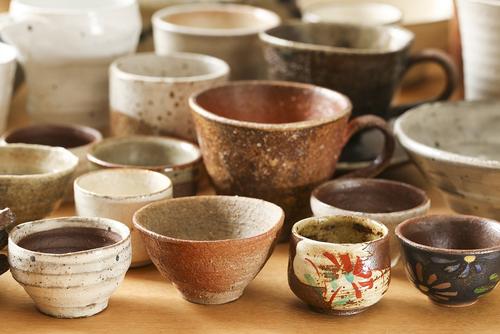
This time, for those who are interested in Japanese tableware, I have organized the detailed features and points when choosing a vessel that suits you. In the Japanese tableware industry these days, many designs that match overseas menus have appeared.
If you are interested, please try to prepare a plate that suits your lifestyle.
This article is a partial re-edit of the article published in Nihongo Biyori by KARUTA.
Unauthorized reproduction or use of the contents, text, images, illustrations, etc. of this site is strictly prohibited.
CATEGORIES
FEATURED TAGS
RECOMMENDATION
-
 報BUSINESS TERMS
報BUSINESS TERMSWhat is ”Ho-Ren-So”, one of the basic manners when working in Japan?
10/30/2020
-
 伝WORDS & GRAMMAR
伝WORDS & GRAMMARWhat is easy Japanese?
10/30/2020
-
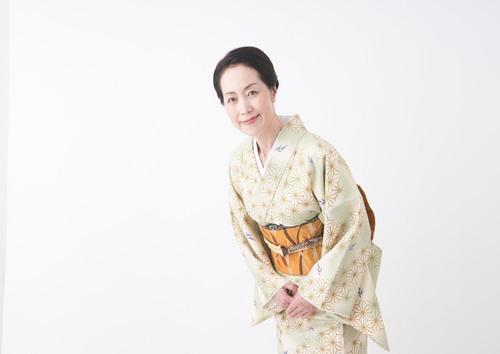 礼MANNERS
礼MANNERSJapanese greeting customs and origins. What are the greetings from other countries?
10/30/2020
-
 戯COMIC & GAME
戯COMIC & GAMEThe roots of animation and manga? Introducing bird and beast caricatures
10/30/2020
-
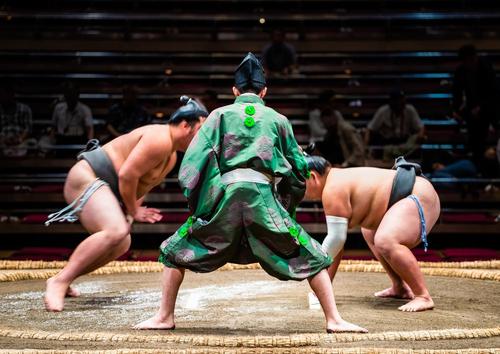 戦SPORTS
戦SPORTSThe history of sumo goes back to the mythical world! ?? Transition from myth to modern times
10/30/2020
LET’S PLAY
KARUTA!
Do you know the meaning of this...
NEXT...
FURTHER EXPLORATION
INTERESTED
IN JAPAN?
WHY DON’T YOU
LEARN JAPANESE WITH US?
START LEARNING
JAPANESE
WITH HUMAN ACADEMY!
ONE OF
THE MOST POPULAR
JAPANESE
LANGUAGE SCHOOLS
JAPANESE
LANGUAGE SCHOOL
OFFERING EXCELLENT
DETAILED LESSONS

ONLINE SCHOOL
- Learn with your classmates from all over the world
- Variety of Courses for All Needs
- FREE Trial Lesson available

TOKYO, OSAKA
- Offer the Best Curriculum for You
- Make New Japanese Learning Friends
- Many Opportunities to Practice Japanese
MAKE FURTHER
STEPS
WITH HUMAN ACADEMY!
ONE OF
THE MOST POPULAR
JAPANESE
LANGUAGE SCHOOLS
JAPANESE
LANGUAGE SCHOOL
PRODUCING MANY
JLPT N1 CERTIFIED
STUDENTS!

ONLINE SCHOOL
- Learn with your classmates from all over the world
- Variety of Courses for All Needs
- FREE Trial Lesson available

TOKYO, OSAKA
- Support Your Higher Goal of Japanese Learning
- Perfect Environment for Japanese Learners
- Learn with Your New Japanese Study Mates




